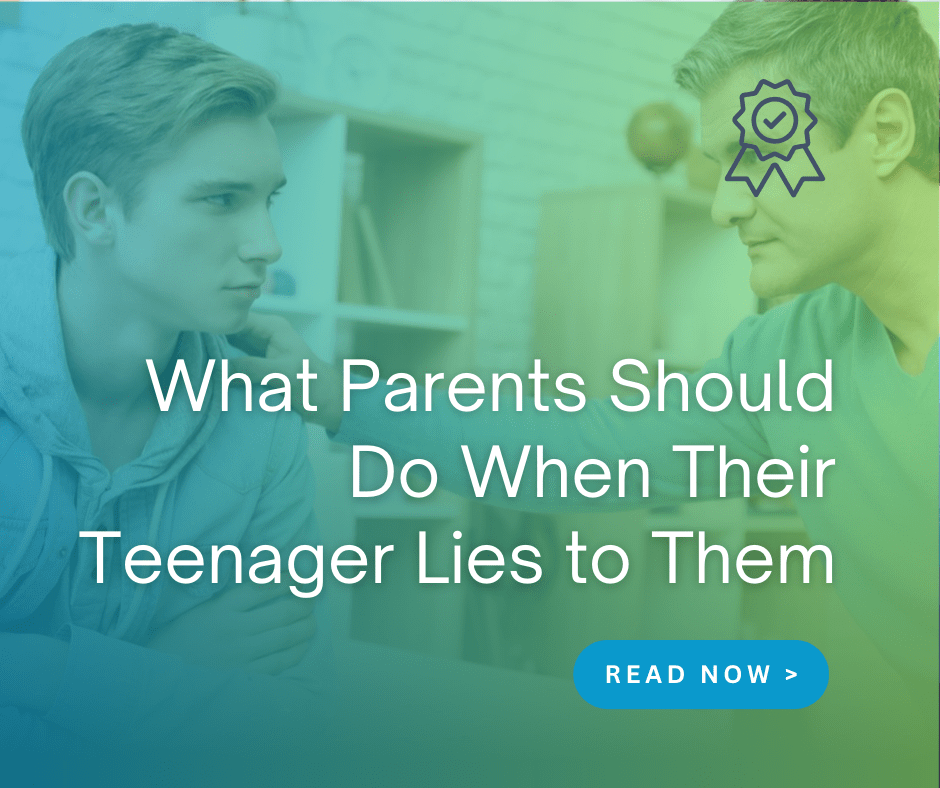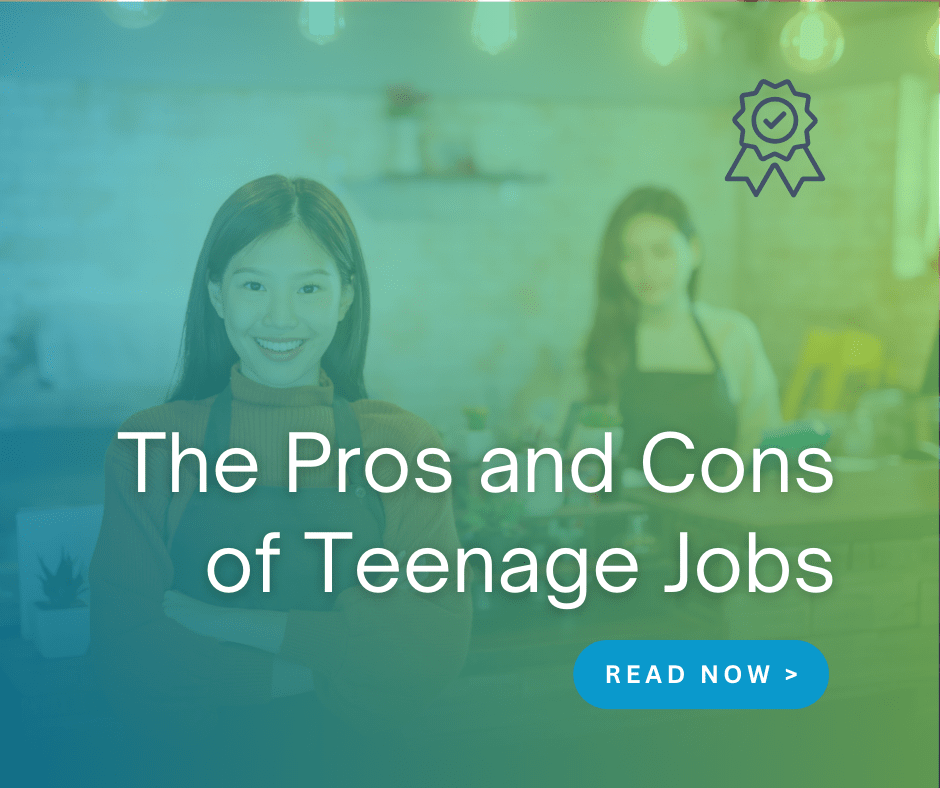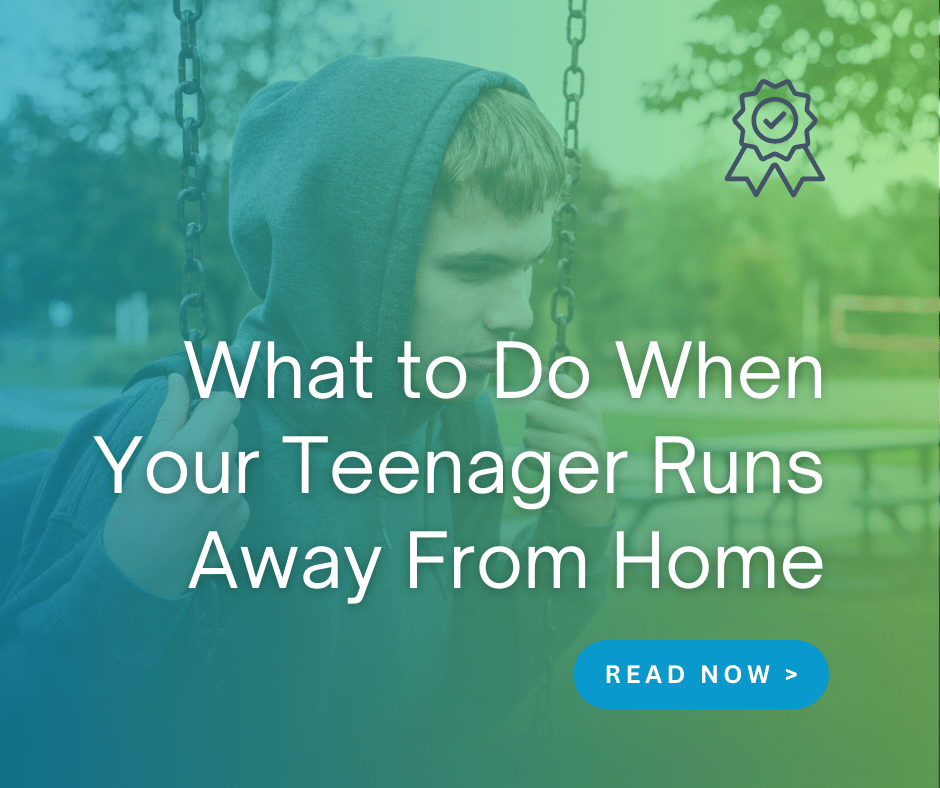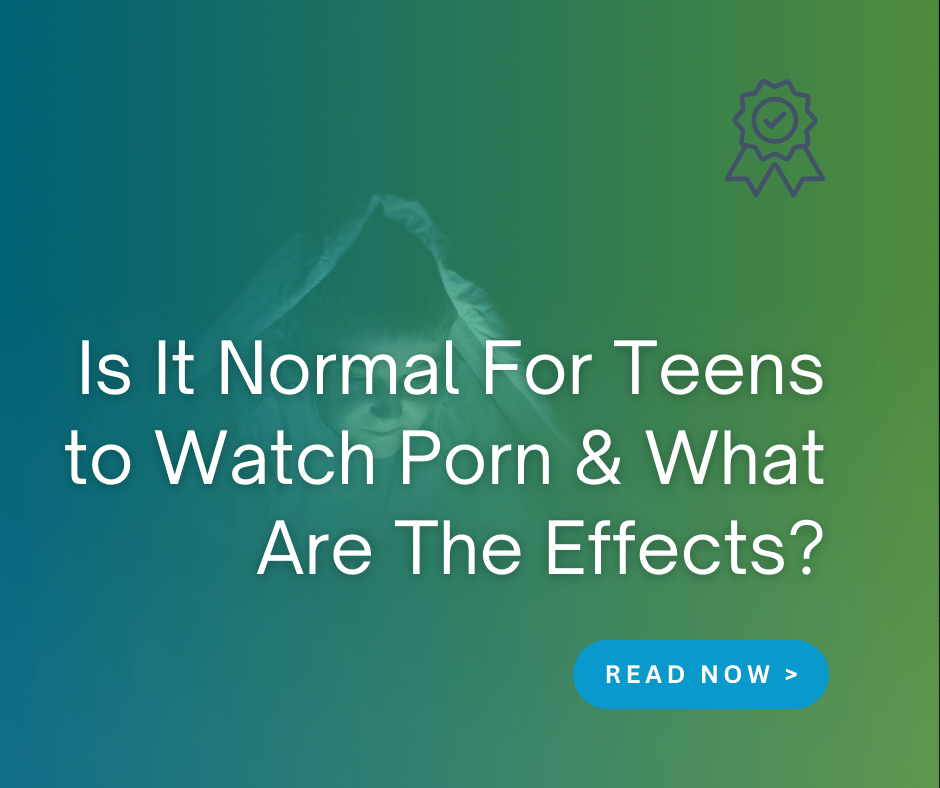Do Peer Relationships and Academic Attainment Play a Role?
Attention deficit hyperactivity disorder (ADHD) is a common behavioral disorder among children and teens in the U.S. and the world. The same is true for depression. In fact, depression (major depressive disorder, or MDD) is a leading cause of disability in the U.S. and the world. Reliable evidence shows a relationship between ADHD and depression: about fifty percent of individuals with ADHD in adolescence develop MDD at follow-up assessments around five years after their initial diagnosis.
Mental health professionals and research scientists working in mental and behavioral health know there’s a connection between ADHD and depression because of the high rates of co-occurrence shown in the data.
However, to date, there is no clear scientific, data-based explanation of this connection. A recent population-level study conducted in the U.K, though, might provide our first real clues. Researchers hypothesized that peer relationships and academic attainment might moderate the relationship between ADHD and depression. That’s statistical language, which means that if ADHD is variable one and MDD is variable two, a third variable, a moderator (in this case either peer relationships or academic attainment) affects the strength of the relationship between variable one (ADHD) and variable two (MDD).
Before we talk about that study, let’s take a quick look at the ADHD and MDD statistics for adolescents in the U.S. and the world.
ADHD and Depression: Teens in USA and the World
- Prevalence of ADHD and Depression, US:
- ADHD:
- 9.4% of children and teens aged 2-17
- Depression:
- 3.2 % of children and teens aged 3-17 (3.2%)
- Prevalence of ADHD and Depression, World:
- ADHD:
- 2.2% of children and teens under 18
- Depression:
- 6.2% of children and teens age 5-17
- ADHD:
- ADHD:
In total, those percentages mean there are millions of children and teens in the U.S. and tens of millions of children around the world with ADHD and depression. Those numbers are the reason why we need to understand the relationship between ADHD and depression: if we can discover the reasons behind the numbers, we can intervene early – and potentially prevent kids and teens with ADHD from developing MDD.
The New Study: A Sensible Approach
The study from the U.K. designed an experiment that makes clear, logical sense to anyone – including people with no background in experimental design, the language of mental health, or statistics. Here’s what they did.
- They identified over 2,000 kids around age 7 with ADHD.
- They checked in with those kids as teens, at age 16, and asked them questions about their peer relationships and level of academic attainment.
- They checked in again with the same group of kids – now older teens – at around age 17 – and screened for depression (MDD).
They theorized that peer relationships and academic attainment had an effect on the development of depression. Here’s why:
- Research shows that problems in peer relationships contribute to depression
- Children and teens with ADHD often have problems with peers
- Research shows that feeling of failure with regard to academics can contribute to depression
- Children and teens with ADHD often face academic challenges, which can result in feelings of failure
At face value, their theory makes sense and appears to have support in existing data. Now let’s look at the results and learn whether a rigorous statistical analysis confirmed or denied their theories.
ADHD, Peer Relationships, Academic Attainment, and Depression: The Connections
Let’s go back to the beginning of this article. Our question is this:
How does childhood ADHD lead to teenage depression?
Researchers who conducted the U.K. study think peer relationships and academic achievement play a key role in how childhood ADHD leads to teen/adolescent depression.
It’s time to look at the data and see if they were right. First, we’ll look at the first check-in point: the state of peer relationships and academic attainment at age 16 for kids diagnosed with ADHD at age seven.
Results showed that:
- At age 16, teens diagnosed with ADHD around age 7 had a higher rate of problems in peer relationships than kids without an ADHD diagnosis at age 7.
- At age 16, teens diagnosed with ADHD around age 7 had a higher rate of challenges and difficulties in academic attainment than kids without an ADHD diagnosis at age 7
Now let’s look at the size of the effect of peer relationships and academic attainment on the development of depression at age 17.
Results showed that:
- Teens diagnosed with ADHD around age 7 and had a higher rate of problems in peer relationships at age 16 showed a 14.63% increased likelihood of having a diagnosis of MDD at age 17.
- Teens diagnosed with ADHD around age 7 and had a higher rate of challenges and difficulties in academic attainment at age 16 showed a 20.13% increased likelihood of having a diagnosis of MDD at age 17.
The data confirms the theories: peer relationships and academic attainment play a role in whether kids with an early diagnosis of ADHD will develop MDD by age 17.
That’s good information to have – but how can it help kids with ADHD?
Targeted Interventions for Kids With ADHD
Most people know about ADHD. They either know someone with ADHD or have ADHD themselves. Most people also know that the most common treatments for ADHD are:
- Behavior therapy (for kids)
- Parent training in behavior management
- Behavioral intervention in the classroom, in coordination with the families and kids
- Medication, both stimulant and non-stimulant
- Lifestyle modifications, such as exercise and diet
This new data helps us understand where to focus these interventions. They’re all successful, but parents, teachers, and therapists can fine-tune these approaches to incorporate this new information in order to maximize the benefits for kids and teens.
The members of a support team for a child diagnosed with ADHD by age seven can focus on the following:
1. Peer Relationships
Parents, teachers, and therapists can help children with ADHD develop strategies to create smooth relationships with peers by providing tools that support interpersonal problem-solving skills. Effective approaches may include:
2. Academic Attainment
Parents, teachers, and therapists can help children with ADHD develop strategies to increase academic attainment. Effective approaches may include:
- Specific interventions at the school-level
- Individual education plans (IEPs)
- 504 plans (similar to, but less formal than IEPs)
The various classroom accommodations a parent can advocate for in IEPs and 504 plans include:
- Extra time on tests and assignments
- Options to complete work or tests in a distraction-free environment
- Options to move around the classroom (or run around the playground for a short period) as needed when ADHD symptoms appear
- Allowing the use of stress-relief objects, such as fidget spinners or stress balls
Many kids with ADHD have these accommodations in place in their schools already. Teachers and parents understand they’re there – for the most part – to support academic achievement. Now we know they can support overall wellbeing, too. What may be missing from school-based interventions is the interpersonal component, which underscores the importance of seeking professional support for a child with ADHD. The data from this new study teaches us that professional support may not only help children with ADHD improve their academics, but also prevent children with ADHD from developing depression during adolescence.












